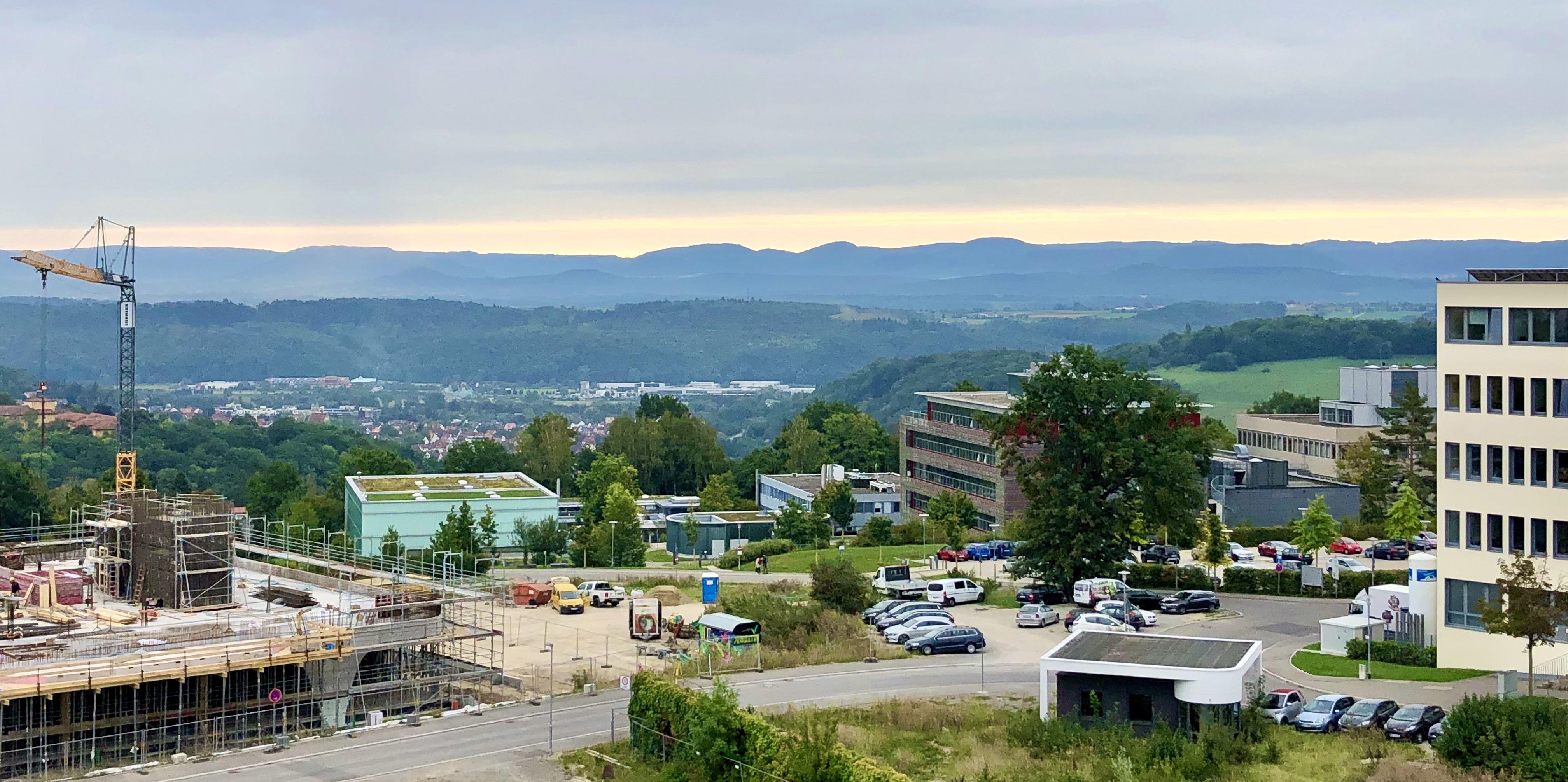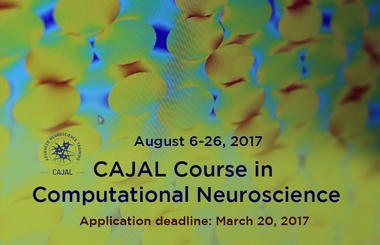As we are no longer at research center caesar
... this website will be no longer be maintained. - 2020-05-01
The pages on research, resources and publications will stay up, so that one can find our old work, but no new content will be added.
We are excited about joining the vibrant research community in Tuebingen, with exceptionally strong groups in Machine Learning, AI, as well as in Computational, Experimental, and Clinical Neuroscience!
Check out the Machine Learning Cluster of Excellence, the International Max Planck Research School Intelligent Systems, and the new International Max Planck Research School Mechanisms of Mental Function and Dysfunction!
Check google scholar for new publications, and twitter for updates!

![Attribution: image is modified from https://commons.wikimedia.org/wiki/File:Heraldique_ours_passant2.svg, By Aups (Own work) [GFDL (http://www.gnu.org/copyleft/fdl.html) or CC BY-SA 3.0 (http://creativecommons.org/licenses/by-sa/3.0)], via Wikimedia Commons Banner](../media/2017-8-21-bear_mod_2.png)
